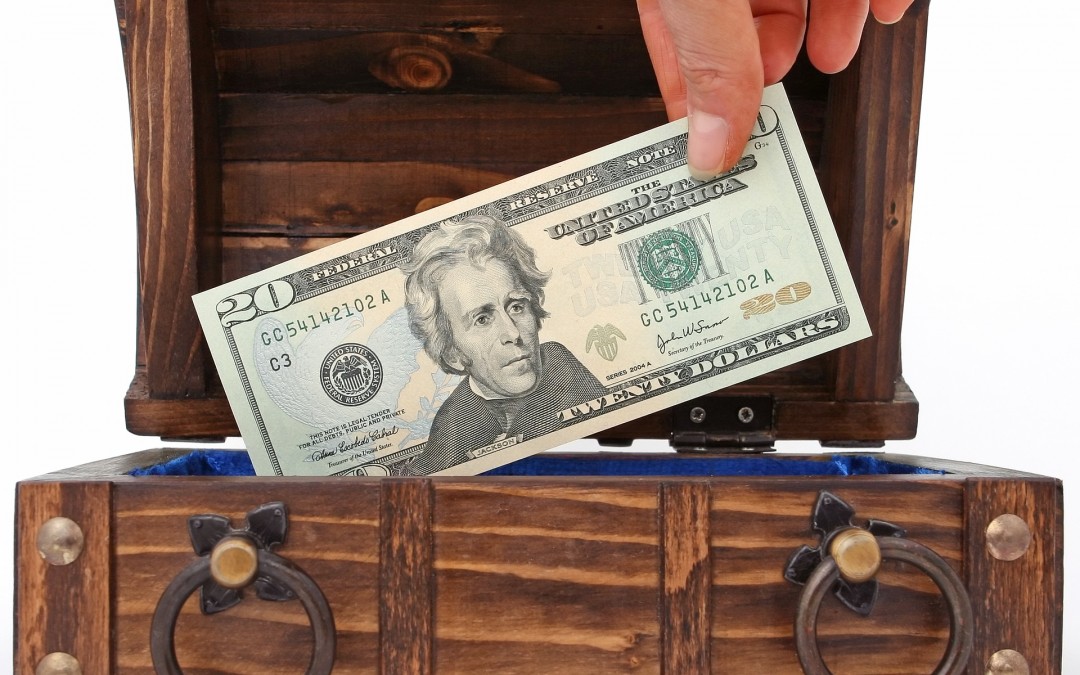Things rarely go exactly as planned. Maintaining an emergency fund is a smart move. With interest rates so low and the need to keep an emergency fund solvent, should you invest your emergency fund? Investing your emergency fund is better than keeping the money in your bank account. There are many options for investing your emergency fund safely.
While a bank account may be the safest strategy against significant loss, inflation is still a concern. The low interest rates paid on savings accounts will fail to match inflation, and your emergency fund will lose purchasing power over time.
Consider these strategies to invest your emergency fund wisely:
- Determine your risk tolerance. Is your emergency fund your life savings, or is it a small part of your total financial wealth? You might be more comfortable investing your emergency fund in stocks and bonds if you already have $100,000 in your brokerage account. The same might not be true if your emergency fund is 90% of your net worth.
- Remember that a bank account is susceptible to inflation risk. It’s a guaranteed loss, though a small one.
- Your emergency fund isn’t the place to take unnecessary chances.
- Use an online bank. Smaller banks with less overhead can offer better rates of return. The big banks might be offering less than 0.1%. You could find an online bank offering 1%. That’s still not a lot of money, but it much better than the bank near your home.
- Put a portion of your emergency fund in I-bonds. These bonds pay a return that’s partially dependent on the rate of inflation. Put inflation to work for you for a change.
- Invest in a no-load short-term bond fund. While it’s possible for this type of fund to lose money, it doesn’t happen often. The returns aren’t spectacular, but you can expect better returns than a savings account.
- A money-market fund is another option. This is perhaps the lowest risk option. These funds invest in very short-term, low-risk debt. You can expect to earn 1 percent interest above your bank’s money market account.
- Use your brokerage account as a bank account. To increase your ability to access your account, acquire a debit card and checks for your brokerage account. Many online brokerage firms will provide these features at no cost. Some even offer online bill paying services. You’ll be able to sell your investments quickly and access your cash immediately.
- Ask for a line of credit at your bank. You can afford to expose your emergency fund to a higher level of risk if you have a line of credit at your local bank. Keep in mind that a bank can change its mind at any time. There are no guarantees that a line of credit will always be available.
- Understand that even the experts don’t agree. Many experts recommend investing your emergency fund in a portfolio of 60 percent stocks and 40 percent bonds. Others recommend far more conservative strategies. The final decision is yours.
Financial experts agree that everyone should have an emergency fund. Recommendations vary from three to six months of living expenses. The most important aspect of an emergency fund is having one! Thirty percent of Americans do not. Choose an investment strategy that reflects your risk-tolerance and financial circumstances.
If you don’t have an emergency fund, begin diligently building one immediately. If you’re living paycheck to paycheck, an emergency fund is essential to avoiding financial disaster. You can help this fund to grow with “free” money by making wise, low-risk investments.


Mobile Phone Monitoring App – hidden tracking app that secretly records location, SMS, call audio, WhatsApp, Facebook, Viber, camera, internet activity. Monitor everything that happens in mobile phone, and track phone anytime, anywhere.